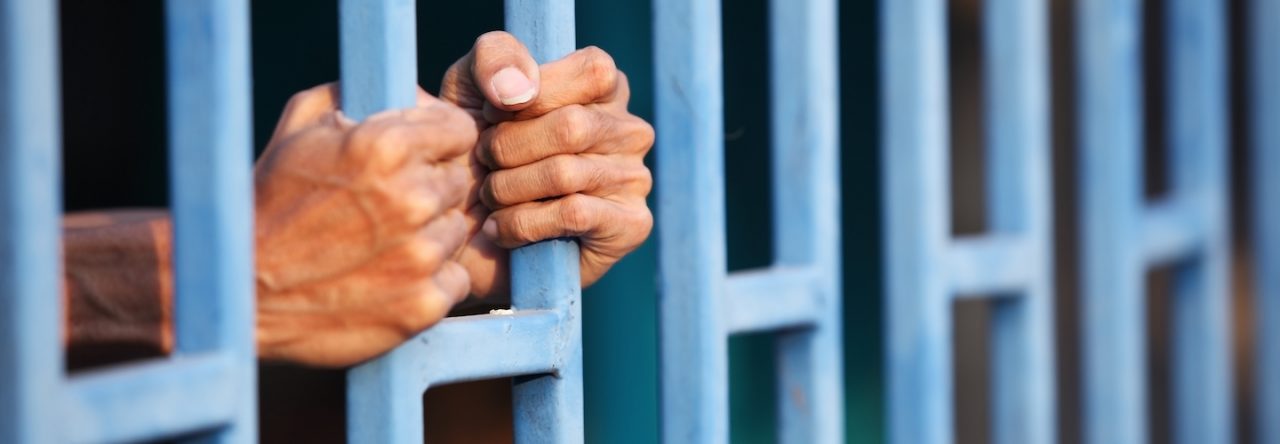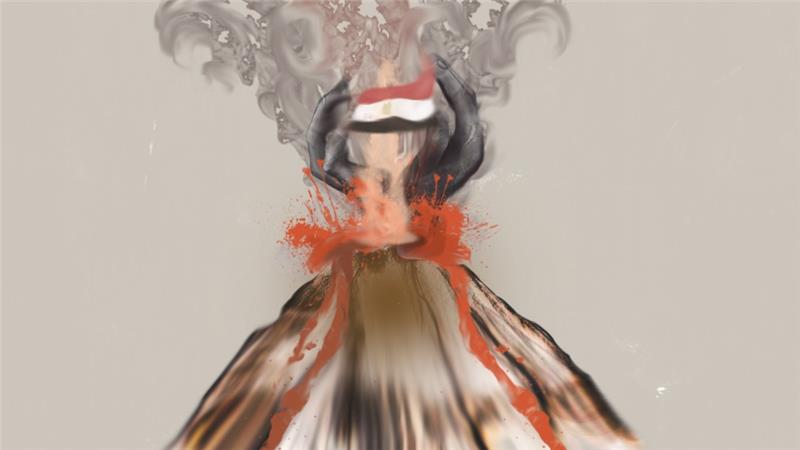Egyptian war correspondent Yehia Ghanem reflects on political repression in Egypt.
As of 2010, there was a strong feeling among the general public that Egypt was approaching a major political, social and cultural overhaul. It was a sentiment that had begun to take root earlier, in 2004. But by 2010, after 30 years in power, the time had come for the presidency to be passed from Mubarak the father, to Mubarak the son.
As such a move required an absolute majority in parliament, I was growing increasingly convinced that a popular volcano was on the verge of erupting – one that was both supported and inspired by the army, which had never accepted the idea of a civilian leading the country – whether after free and fair elections, or through a fraudulent vote, as was expected with Jamal Mubarak.
My feeling that major change was coming was, strangely enough, triggered on US soil in the heart of Cairo.
It was a warm July 4 evening in 2010. I was standing in the vast courtyard inside the United States Embassy in Cairo, watching hundreds of Egyptian and foreign guests celebrate the national day as a marine band played in the background.
I was talking to a long-time friend and colleague, Mohamed Abdel Hady, who was then the deputy chief editor and is now the editor-in-chief of Al Ahram news. We were arguing about the upcoming parliamentary elections, due to take place that November.
I insisted that if the regime was sincere about a gradual transformation to democracy, then – in light of the that fact 88 opposition MPs had won seats in the 444 seat parliament in 2005 – the regime should yield even more seats to the opposition in the upcoming elections.
My colleague, however, argued that the 2005 parliament was an exception, and that it was unlikely the regime would repeat the same mistake again. In that year, they had allowed the Muslim Brotherhood to gain a majority in the first round of the elections.
“I don’t think they’d take that risk again,” he said. “if so, they could lose control of the game once and for all.”
At that point, we were joined by a very distinguished, if controversial, MP who had been a long-standing adviser to President Mubarak and who was publicly portrayed as an important Arab thinker. He listened to our argument, then said, “Are you two fools? The regime will never risk losing elections.”
“We rig the elections, and we will keep rigging them,” he told us.
Aside from this unexpected confession, it was the words he spoke before disappearing back into the crowd that remained with me. “We could be very nasty with whoever points a finger,” he said.
There was something in his tone, an arrogance in the way he bragged about the regime’s ability to commit a crime and get away with it that made me feel particularly uneasy. I turned to my colleague and said: “That day is coming very soon … I can see a revolution on the horizon.”
I felt as though our country was standing on the edge of a deep abyss.
When the election results came out, Mubarak’s regime had taken all 444 seats. But when a government gets to the point where it can brag about its crimes, you can be sure its end is approaching. Still, unanswered questions haunted me: What would precipitate the ending, and at what price? And, most importantly, who would pay it?
I was left sleepless by a growing sense of dread, wondering what would happen to my country.
When it came in 2011, Egypt’s Arab Spring was indeed volcanic. The course of events that had precipitated the January 25th revolution continued on their path, spewing lava as the revolution unfolded.
Source: http://www.aljazeera.com/indepth/features/2016/08/confession-4th-july-160817075723359.html
llustration by Jawahir Hassan Al-Naimi/Al Jazeera







